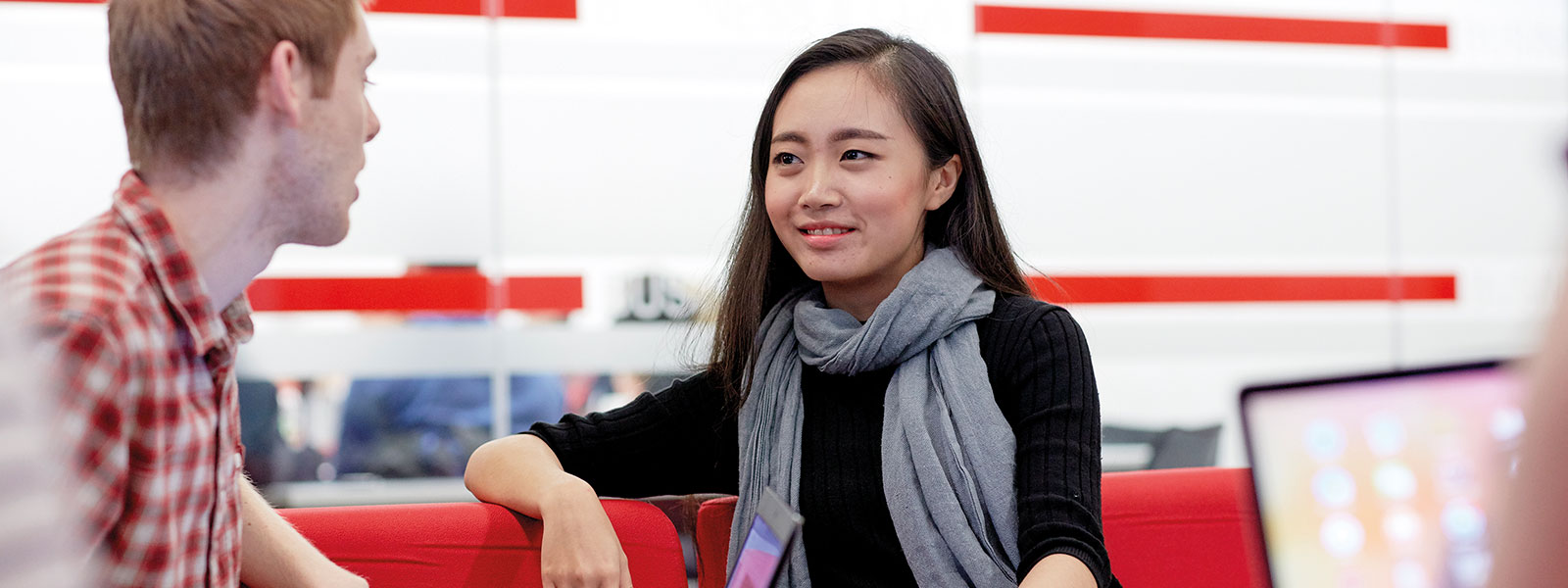There are opportunities to supplement your studies by participating in optional field trips to key international organisations and political institutions. Students are responsible for the costs of their travel, accommodation, and general living expenses.
For each course you may find that there are additional costs. These may be with regard to the specific clothing, materials or equipment required. Some courses provide opportunities for you to undertake field work or field trips. Where these are compulsory, the cost for travel and accommodation will be covered by the University and so is included in your fee. Where these are optional, you will normally be required to pay your own transport, accommodation and general living costs.
With regards to text books, the University provides students who enrol with a comprehensive reading list and you will find that our extensive library holds either material or virtual versions of the core texts that you are required to read. However, you may prefer to purchase some of these for yourself and you will be responsible for this cost.





